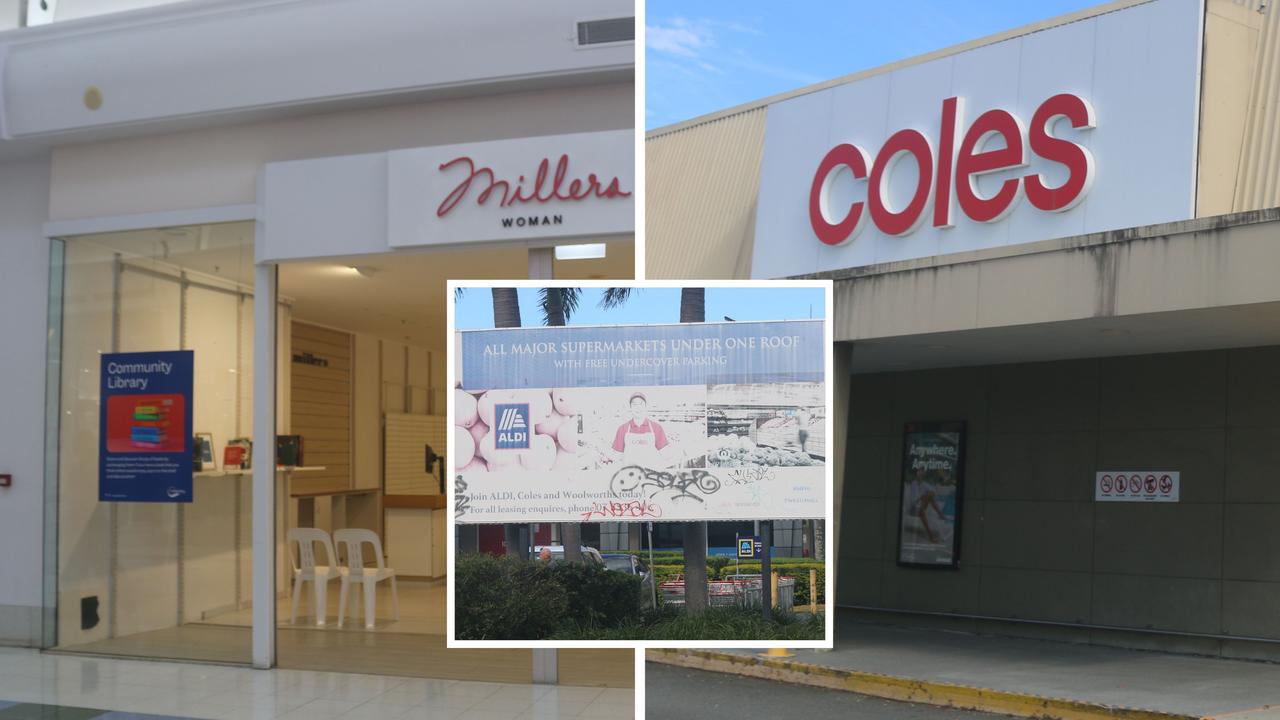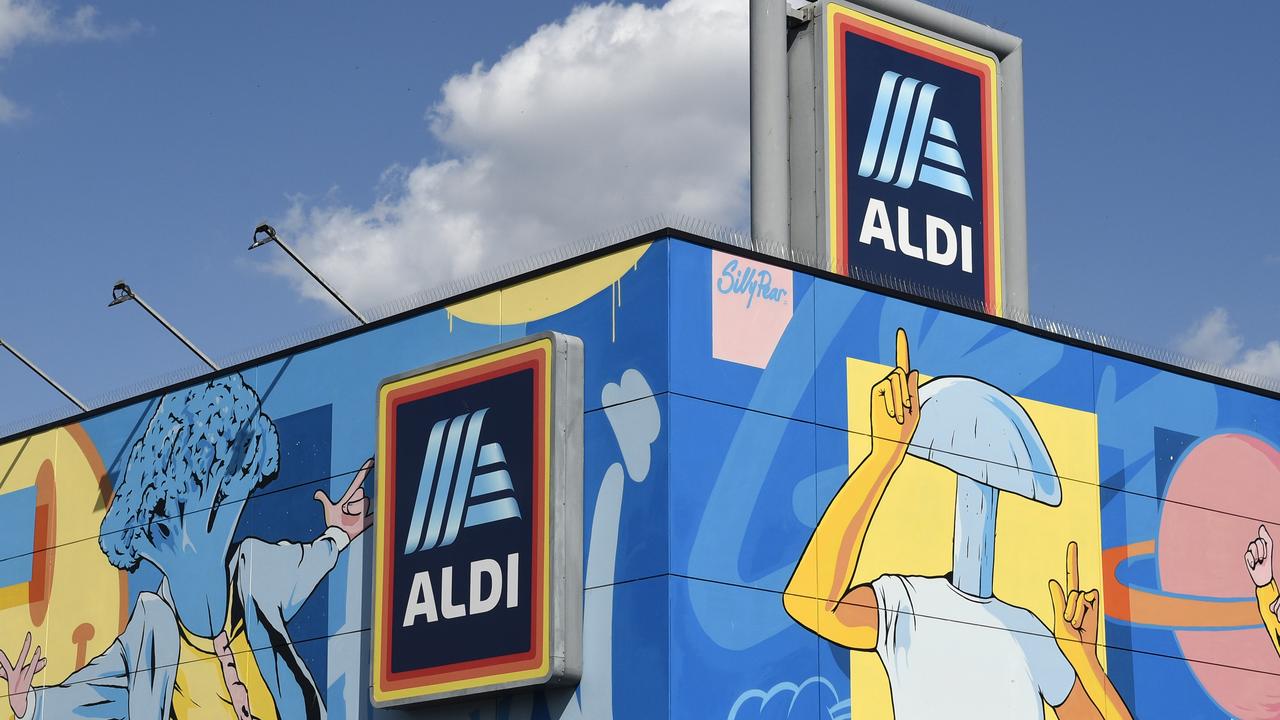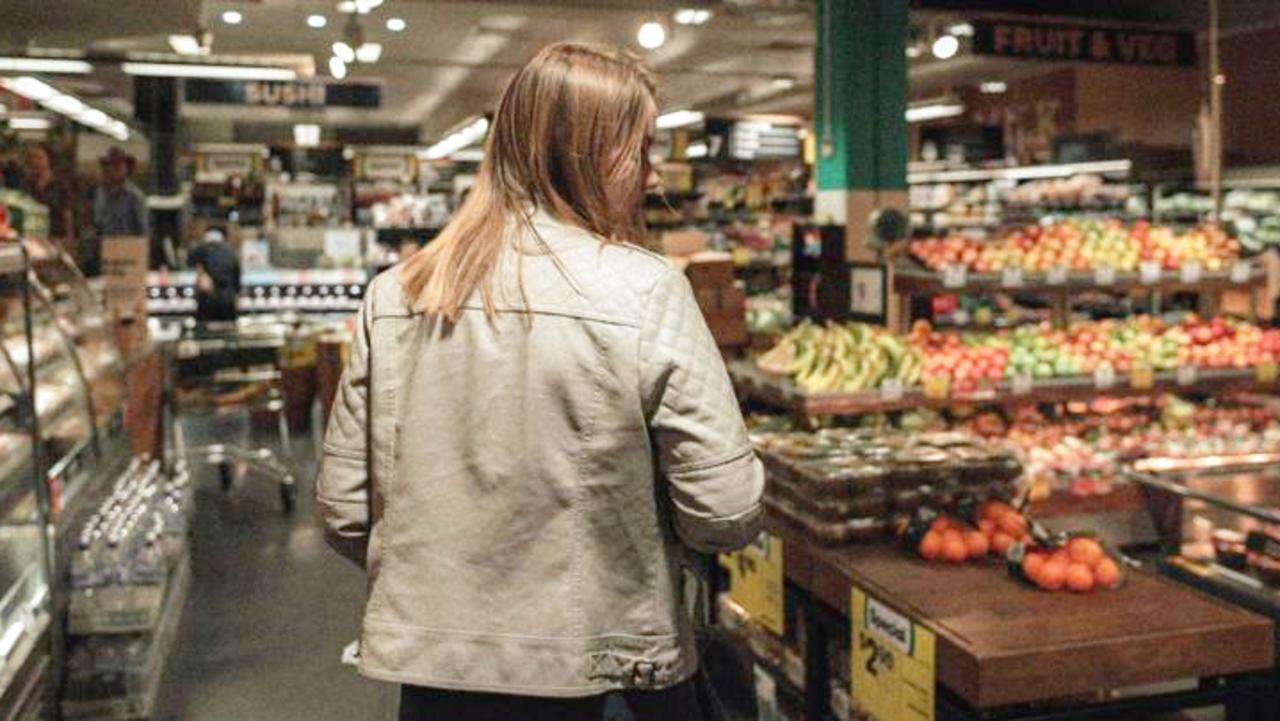Coles Stikeez collectables allegedly found on Perth’s Jindalee Beach
A Perth man was at iconic Jindalee Beach recently when he allegedly discovered something that should not have been there.
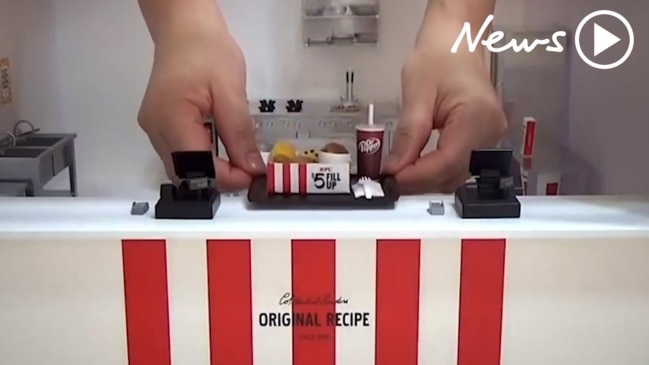
Coles’ wildly popular collectables campaigns are under fire again after an Aussie man claimed to have found several toys on a Perth beach.
The man — a Sea Shepherd Australia Marine Debris Campaign volunteer identified only as Danny — was at iconic Jindalee Beach last Saturday when he allegedly found two Stikeez figurines on the shore.
The Stikeez campaign was launched by the supermarket giant in February this year, hot on the heels of the successful Little Shop campaign.
At the time, Coles said Stikeez was designed to make healthy eating fun, with 24 mini fruit and vegies to collect.
Environmental group Sea Shepherd Australia shared a picture of Danny with the plastic toys in a viral Facebook post earlier this week.
“Six months on from Coles Supermarkets Stikeez! collectables ‘craze’ we are still finding these useless plastic toys at beach clean-ups,” the post reads.
“At the time they were launched Coles stated that (they) were ‘designed to be kept and not disposed of’. So Coles can you please explain how our onshore volunteer Danny found these at Jindalee Beach in Perth’s north on Saturday?
“There is no away with plastic and wildlife can’t tell whether an item is made of plastic or something to eat. If ingested a small, colourful plastic toy vegetable can be life threatening.”
There is no evidence to prove the toy washed up on the beach after travelling through the ocean, and it is possible it was simply lost in the sand by a young child.
But the group said while the Stikeez promotion was designed to encourage healthy eating habits among children, “for an animal there’s nothing healthy about a stomach full of plastic”.
The post has already attracted thousands of likes, shares and comments, with the overwhelming majority of Facebook users slamming the environmental impact of Coles’ repeated plastic mini campaigns.
“I wrote to Coles and expressed my disgust at this and that I no longer shop there …(and still don’t),” one social media user wrote, while another added: “As a consumer it is our responsibility to dispose of plastics properly, however as Coles and Woolworths are a supplier, it is their responsibility to not produce the plastic toys.”
Others questioned the logic of the supermarket chains banning single-use plastic bags — only to introduce plastic toys soon after.
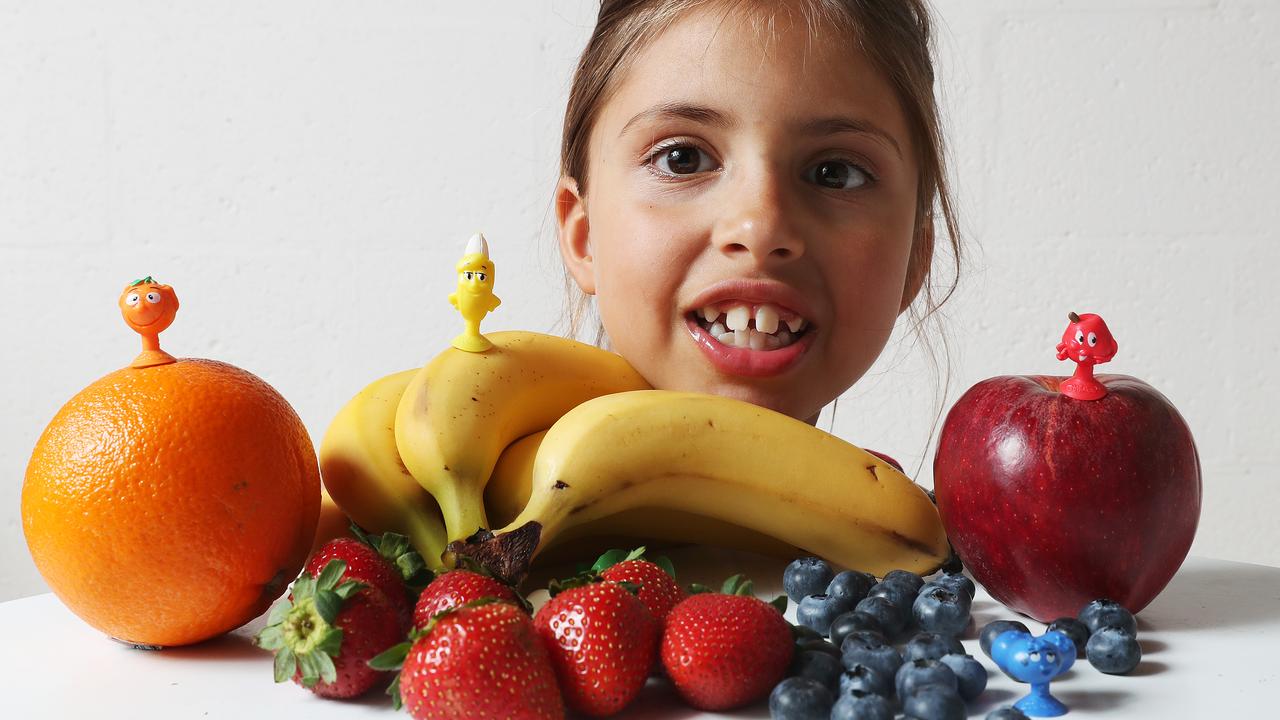
“I think it is disgusting swapping plastic bags for plastic toys. Yet they see no harm,” one Facebook user said.
And others shared their own anecdotes about finding discarded collectables.
“We managed to get one away from a kookaburra at UWA on Saturday — he was trying to break it open and dropped it — so we scared him away and disposed of it — so sad,” another Aussie wrote.
In November last year, a similar story emerged after Brisbane mum Stephanie Shaw claimed to have found a Coles Little Shop toy washed up on a Bali beach.
The 40-year-old, who was visiting the Indonesian island for a veterinary conference, told Caters News she was shocked by the discovery.
“It’s just a terrible campaign. We should be straying away from plastics altogether. They are not thinking about the environment. They’re not recyclable at all,” she said at the time.
Coles and Woolworths have enjoyed incredible success through their mini campaigns, including Coles’ Little Shop and Stikeez crazes, and Woolies’ Ooshies.
Both companies have launched fresh collectables campaigns just this month.
“The Little Shop is big business for Coles: Analysts estimate that it has boosted their profit by around $11 million,” The Barefoot Investor Scott Pape said in a recent Herald Sun column.
Woolworths has also been drawn into the plastic debate this month after a Melbourne shopper shared a photo of milk bottles heavily wrapped in plastic — during Plastic Free July.
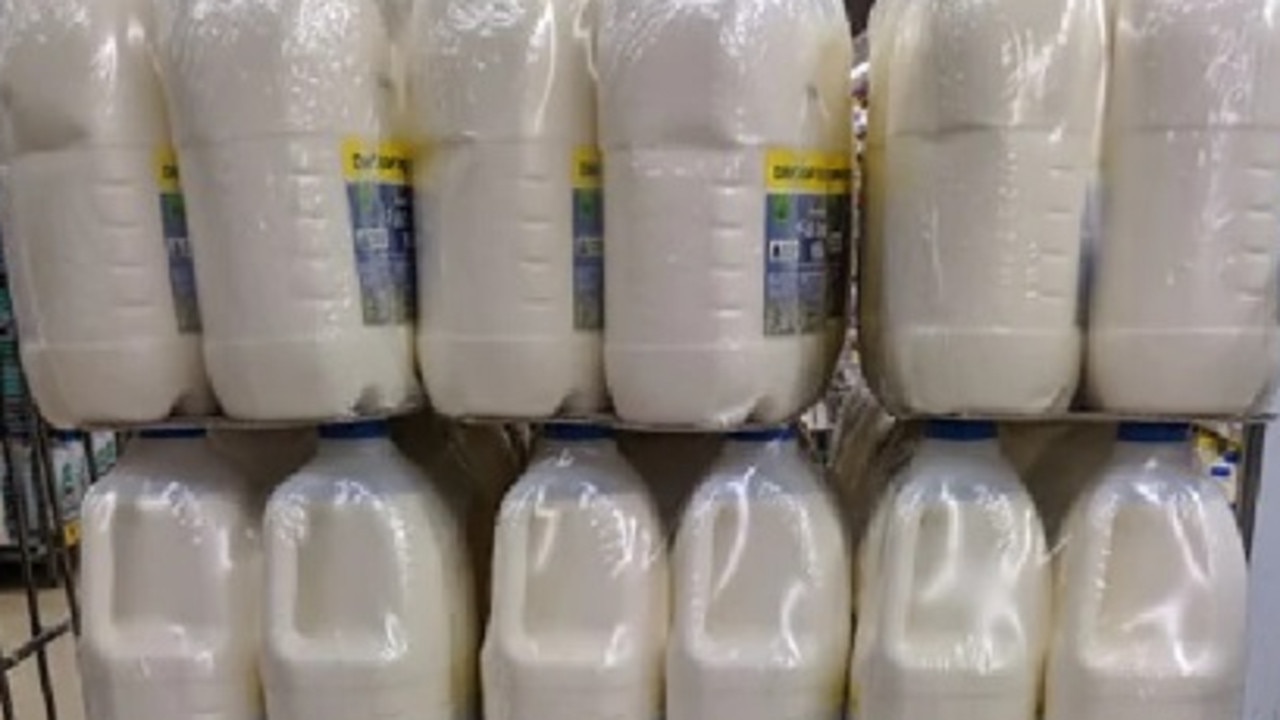
The Melbourne man captured the image recently at a Woolies store at the Pacific Epping centre.
He shared it on the Woolworths Facebook page and asked the supermarket to explain why it was using heat shrink wrap instead of normal, environmentally friendly milk crates.
A Coles spokeswoman told news.com.au the company took environmental concerns seriously.
“Coles Stikeez and the Coles Fresh Rainbow Challenge ran for a limited time and were designed to encourage Aussie kids and their parents to eat more fresh fruit and veggies and make healthy eating fun for the whole family,” the spokeswoman said.
“At Coles we take our responsibility for managing our environmental and social impacts seriously and as a business we are committed to recycling and minimising waste.
“The Stikeez mini collectables were designed to be kept and customers were able to recycle the wrappers at their nearest store through our in-store REDCycle program.”
Continue the conversation @carey_alexis | alexis.carey@news.com.au


